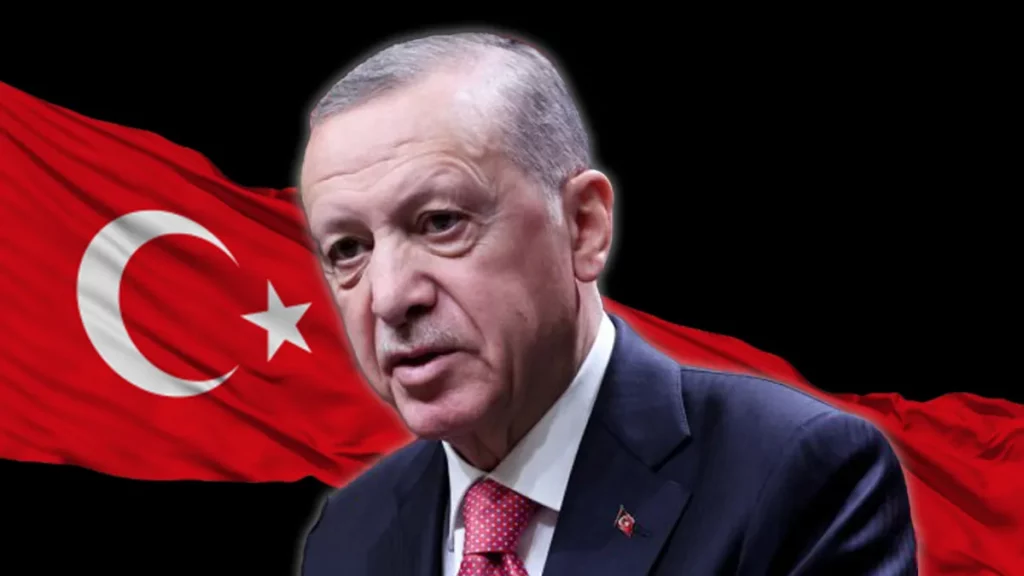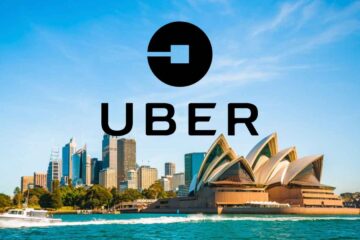Turkey’s upcoming presidential and parliamentary elections have hit a snag as President Recep Tayyip Erdogan has cancelled his scheduled campaign rallies on Wednesday and Thursday for health reasons.

This news comes as a surprise to many, especially since the May 14th elections are crucial for Erdogan’s AK Party, as they represent a significant electoral challenge for the longest-serving leader in modern Turkey.
In a tweet posted on Wednesday, Erdogan announced that he would be resting at home on the advice of his doctors. However, AK Party deputy chair Erkan Kandemir has confirmed that Erdogan will be attending a ceremony at the Akkuyu nuclear power plant in the southern Mersin province via videolink on Thursday. In a tweet, Kandemir also stated that the Mersin rally would be held on a future date.
The situation is made more complicated by Erdogan’s recent upset stomach, which forced him to cut short a live TV interview on Tuesday. With opinion polls indicating that Erdogan’s support has been eroded by a cost-of-living crisis, the upcoming elections are crucial for the future of his party.
Despite this setback, the AK Party remains optimistic and will no doubt be working hard to ensure that their message reaches as many voters as possible. With the use of creative campaign strategies and the right SEO keywords, Erdogan’s party may still be able to overcome this hurdle and secure a victory in the May 14th elections.
Who is Recep Tayyip Erdogan?
Recep Tayyip Erdogan is a Turkish politician who has been serving as the President of Turkey since 2014. Prior to that, he was the Prime Minister of Turkey for 11 years. Erdogan was born on February 26, 1954, in Istanbul, Turkey.
Erdogan began his political career in the early 1980s when he was elected as the Mayor of Istanbul’s Beyoglu district. He then became a member of the Welfare Party, which was later banned by the Turkish government. Erdogan then helped establish the Justice and Development Party (AKP) in 2001 and became its leader.
As Prime Minister, Erdogan implemented several economic and social reforms, leading to significant economic growth in Turkey. He also played a key role in Turkey’s bid to join the European Union, although progress on this front has been slow. However, his tenure has been marked by controversy, including allegations of corruption and a crackdown on political opposition and freedom of the press.
In recent years, Erdogan’s government has been accused of human rights violations, including the persecution of political opponents and journalists, and restrictions on freedom of expression. His government has also faced criticism for its handling of the Syrian refugee crisis and for its military operations in Syria.
Despite criticism, Erdogan remains a popular figure in Turkey, particularly among conservative and religious voters. He has been able to maintain his grip on power through a combination of populist appeals, authoritarian tactics, and support from his base.
Also Read: Harry Belafonte, Singer and Activist, Dies at 96 of Congestive Heart Failure



